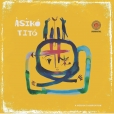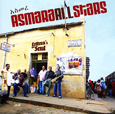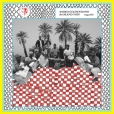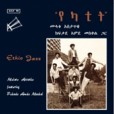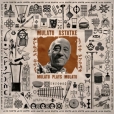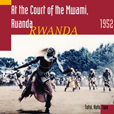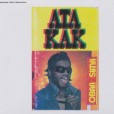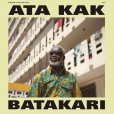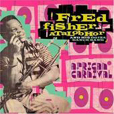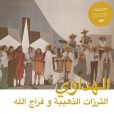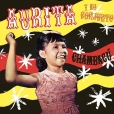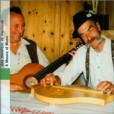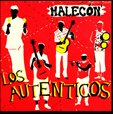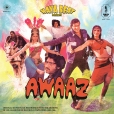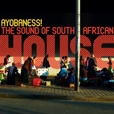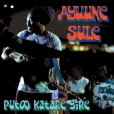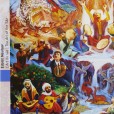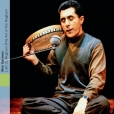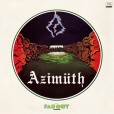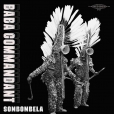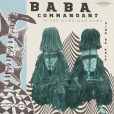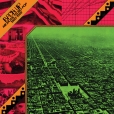Your basket is empty

The word from Mississippi…
‘Relentless polyrhythms, call and response vocal poetry, melodic and layered horns, flute, and even accordion!!! A huge and rich sonic landscape, propulsive, energetic, and deeply soulful.
‘Every neighborhood in Dakar has its own Assiko band. They’re community groups, open to anyone who wants to join, as opposed to the legendary griot culture that only allows select families to take part.
‘These hyper-democratic bands can kick off a thousand-person street party at any moment. But they also operate as mutual aid groups, neighborhood security, impromptu after-school programs, and repositories of local music and lore.
The Assiko Band of Grand Yoff neighborhood is led by Djiby Ly (Wau Wau Collectif), who takes his role in the community seriously. He’s led iterations of the band for over a decade, and describes in detail each rhythm they play, its roots, travels, and contours. This Assiko band is particularly prolific and popular, and these recordings remind me of a good rock band - loose and rangy, you can hear the humor and warmth amongst the bandmates come through.’
From the court of the Kingdom of Rwanda — abolished nine years later when the Republic was formed: the royal drums and courtly music disappeared along with the Mwami, or ‘king-shepherd’, after five centuries.
A bonkers, irrepressible amalgam of highlife, Twi rap, funk and disco, put over with the passion of a Prince record and the lo-fi charm of early Chicago house music.
The original cassette — self-released in Ghana and Canada in 1994 — was the inaugural post on the ATFA blog.
Lovely traditional Cuban music — bolero, guaracha, merengue, cha cha cha — recorded last year in Havana.
Driving, rawly soulful kologo music from northern Ghana, propelled by double-stringed lute.
African Head Charge front man Bonjo Iyabinghi Noah guests.
Putoo Katare Yire, Wickedness Has No Home.
Terrific.
Intense, virtuosic singing in this ancient tradition, accompanied by Qasimov himself playing the daf frame drum and the brothers Mansurov on the tar lute and kamancha fiddle.
‘Simply one of the greatest singers alive, with a searing spontaneity that conjures passion and devotion, contemplation and incantation’ (New York Times).
Algerian chaabi pop.
‘On every track the frenetic energy in the studio is palpable, giving the recordings a beautifully personal feel and a sense of the phenomenally creative vision Bertrami, Malheiros and Conti were realising at the time. Fifty years on, Azymuth’s earliest recorded music retains an ineffable, futuristic quality, standing amongst their most captivating and moving work.’
‘After the afro-beat fury of Juguya, this second album combines a potent mix of traditional roots and modern Burkinabe funk with a reverent revival of the iconic Mandingue guitar music of the 1970s.’
Searing Sahelian dance music, recorded in Ouagadougou, Burkina Faso, in February 2018.
